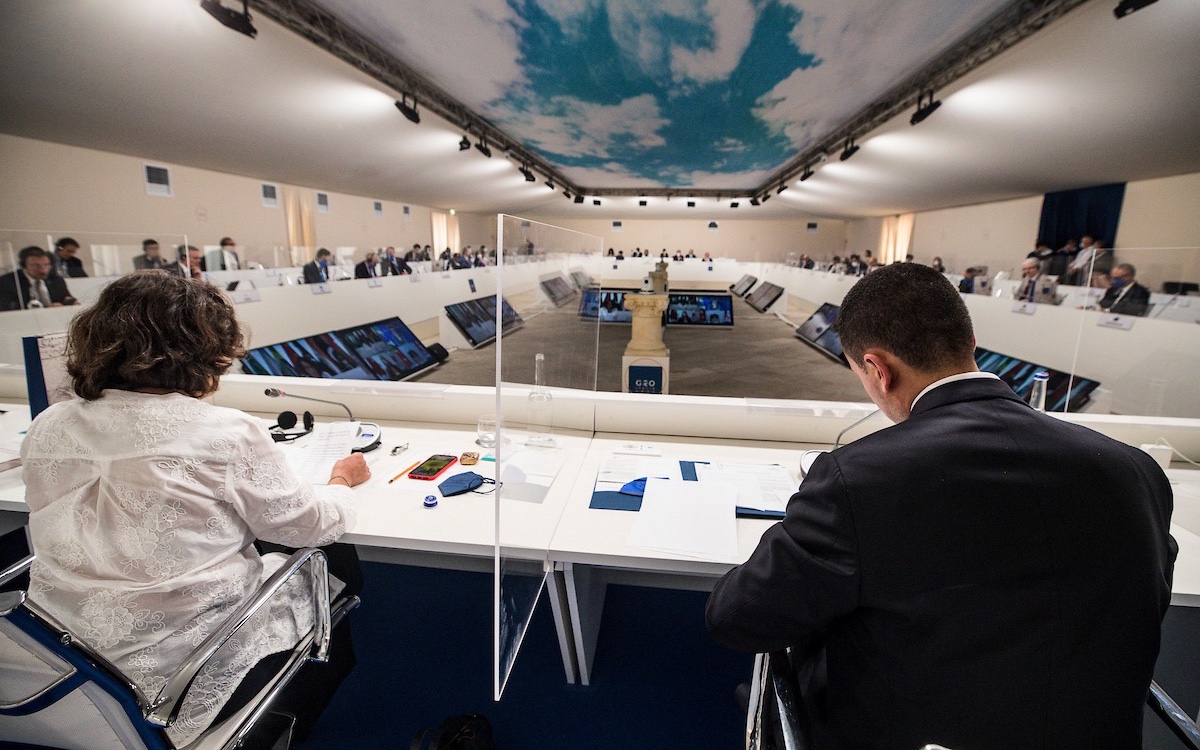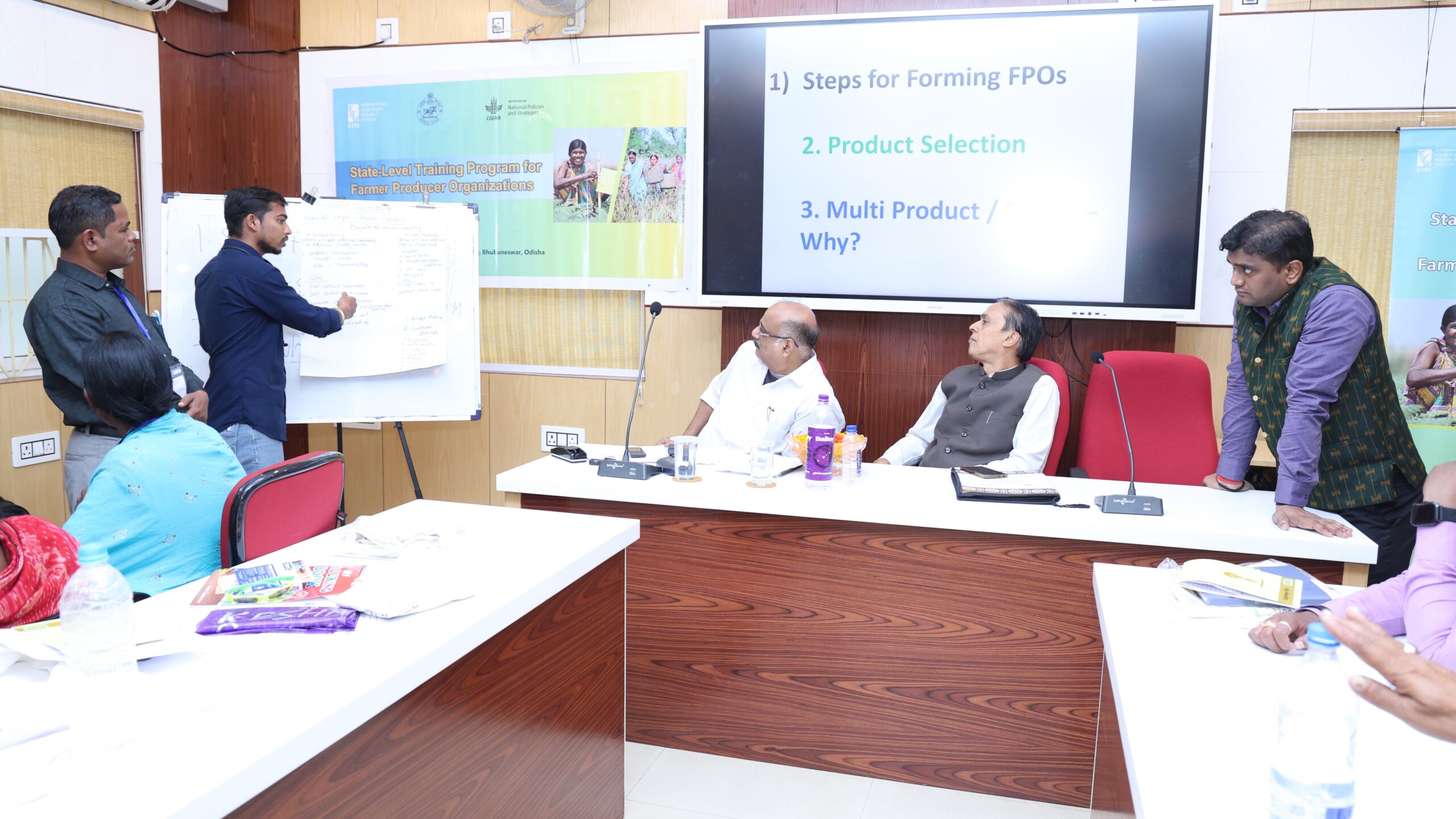Global hunger has been on the rise since 2014, and the world is not on track to achieve the goal of Zero Hunger (SDG2). If current trends continue without concerted and collaborative actions to tackle the challenge, 840 million people will come under the grip of hunger by 2030. The COVID-19 pandemic has worsened the situation, especially in low- and middle-income countries, where compounding effects—conflict, economic downturns and shocks, and climate variability—are causing distress.
On June 29, the G20 foreign affairs and development ministers signed the Matera Declaration (named for the town in southern Italy where they met), which outlines an agenda for addressing global food insecurity and putting the world back on track to end hunger within the decade. These commitments are ambitious, but—as always—the proof of the pudding is in the eating.
Recognizing the major food system challenges, the ministers state that SDG2 can still be achieved by 2030, but only through collective and cohesive global leadership and people-centric and holistic policies targeted at alleviating poverty, improving food security, promoting sustainable agriculture and food production, and preserving biodiversity. They emphasize this will require more responsible investment in food system innovation consistent with those goals.
The declaration also stresses the need for targeted government support (through education, technical assistance, vocational training, and investment incentives) promoting the creation of decent employment opportunities for women and youth in agrifood sector activities.
To meet the hunger challenge, the ministers call for enhancing and improving the targeting of social protection programs (including emergency food assistance, cash+ transfer programs and school feeding programs) to aid vulnerable populations and situations. More broadly, the Matera Declaration makes an urgent call for stepping up investment efforts to make agrifood systems sustainable and climate-resilient. The G20 ministers stress that these policies and increased investment efforts are not only essential for lasting improvements in global food security, but also effective means to accelerate economic recovery from the impacts of the COVID-19 pandemic.
The ministers also call for improving the availability and access to finance to small-scale farmers and fisherfolk, pastoralists, agro-enterprises, cooperatives, and other operators along food value chains. Such greater financial inclusion is seen as an essential element to address food market failures, improve risk tolerance, and improve livelihoods. The ministers recognized the efforts of the “Finance in Common” Working Group on Financing Sustainable Food Systems led by the International Fund for Agricultural Development (IFAD). While not mentioned in the declaration, the proposed lines of action are well aligned with the Zero Hunger Fund Alliance being promoted as a possible key outcome of the UN Food Systems Summit.
In a lesson underscored by the pandemic, the ministers stress the importance of practicing in free and open global trade, consistent with World Trade Organization (WTO) rules, to enhance food security and nutrition, especially during crises. The One Health approach to animal and human health is another centerpiece of the declaration, which recommends that all countries adopt this approach in national policies to protect global public health.
These are lofty recommendations and commitments. Now it is up to the G20 and other countries to follow through on this agenda and rally all relevant food system actors, from farmers to food businesses and consumers around the globe, to follow through. Upcoming events including the Tokyo Nutrition for Growth Summit, COP26, the WTO 12th Ministerial Conference, UN Biodiversity Conference in Kunming, China and the UN Food Systems Summit 2021 in New York should provide platforms to rally support around a concrete action agenda to end hunger and malnutrition in all its forms and make food systems sustainable.
Swati Malhotra is a Communications Specialist with IFPRI’s Markets, Trade, and Institutions Division (MTID); Rob Vos is Director of MTID.







